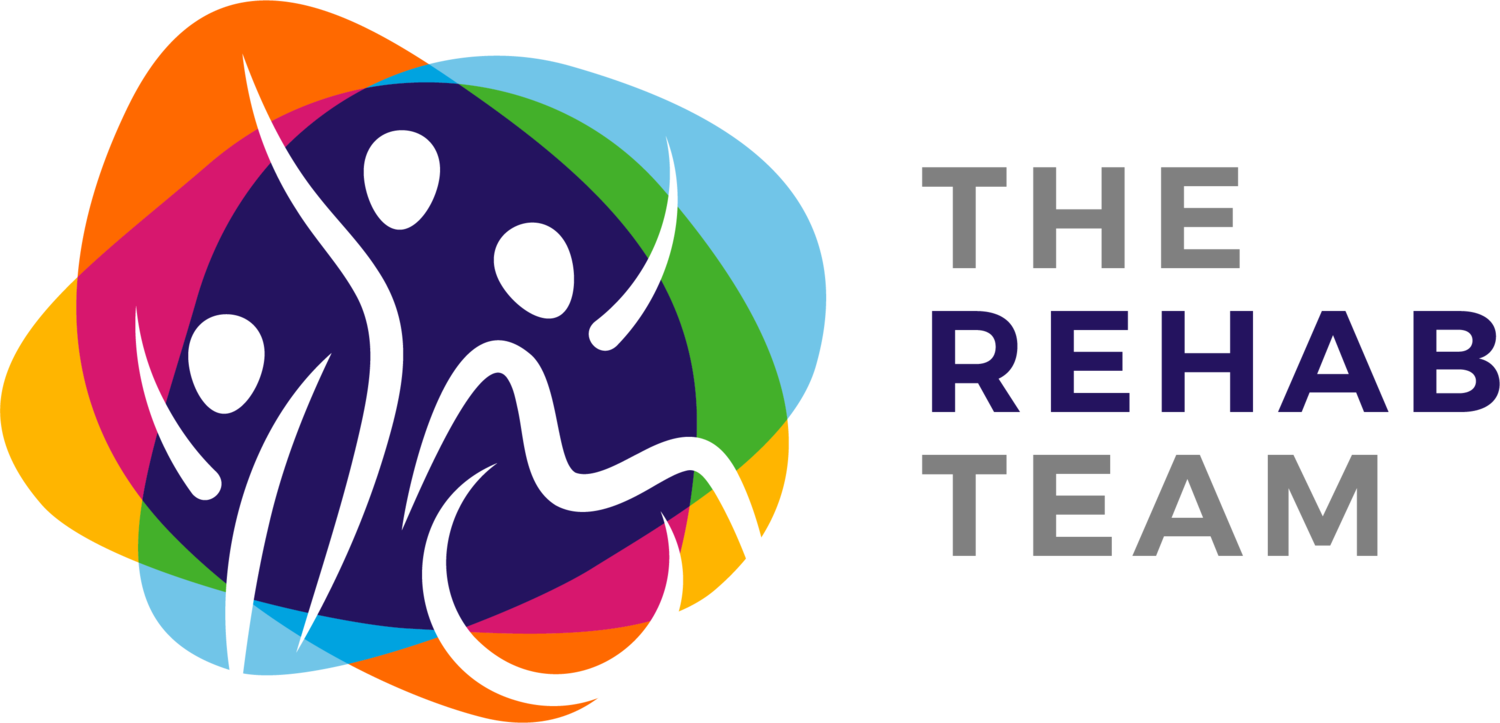Why am I dizzy? Common Vestibular causes of dizziness and vertigo
Do you feel like the world around you is in constant motion? Do you feel dizzy, nauseous and off balance? These are daily challenges faced by clients living with a vestibular condition. This month's blog by Papamoa Physio clinic, The Rehab Team is focussing on common vestibular causes of dizziness and vertigo.
First off, what is the Vestibular system?
The vestibular system is located within the inner ear and plays a vital role in maintaining our balance and spatial orientation. When this system malfunctions, it can lead to a range of symptoms such as dizziness, vertigo, nausea and feeling off balance.
Dizziness can be caused by many different reasons, from medical causes to neurological or vestibular. This is why it is important to determine the root cause of your dizziness.
Common Vestibular Conditions are:
Benign Paroxysmal Positional Vertigo (BPPV) BPPV is one of the most prevalent vestibular disorders. It is characterised by brief periods of intense vertigo (spinning dizziness) that is brought on by changes in head position. People with BPPV often experience dizziness when rolling in bed, getting in and out of bed, tilting their heads, or looking up.
An appointment with a Vestibular Physiotherapist can assist in diagnosing BPPV and usually treating this condition within 1-3 appointments.
Meniere’s Disease
Meniere’s Disease is characterised by recurrent episodes of vertigo, along with symptoms like tinnitus (ringing in the ears), hearing loss, and a feeling of fullness in the affected ear. The exact cause of Meniere’s Disease is not fully understood, but it is thought to be related to fluid buildup in the inner ear.
Vestibular Migraine
Migraine, a disorder usually associated with headache, is extremely common and can cause several vestibular syndromes. Studies suggest that about 25 percent of migraineurs experience dizziness or migraine during attacks. Migraine-associated vertigo (MAV) or vestibular migraine can occur with or without head pain.
Vestibular Neuritis and Labyrinthitis
These conditions are often caused by viral infections that affect the inner ear. Vestibular neuritis primarily results in vertigo, while labyrinthitis may include hearing loss and tinnitus in addition to dizziness.
Concussion and Traumatic Brain injury
Trauma to the brain can result in abnormal vestibular system functioning. When this happens, the brain can receive abnormal signals regarding the position and movement of the head. When vestibular information is inaccurate, the brain usually relies on visual input to stabilise the head on the body. Over-reliance on the visual system for balance can result in fatigue, eye strain and tension headaches.
Mal de Debarquement
Mal de débarquement syndrome (MdDS) - which means, “sickness of disembarkation” - is a condition that makes you feel like you’re moving, even when you’re not. It is often described as a constant rocking or bobbing sensation and is worse when still. “Disembarkation” is a word to describe getting off of a boat or aircraft. This can cause a change in your stability or balance. MdDS commonly occurs after boating or sea travel, though it can happen after air travel, extended land travel.
Persistent Postural Perceptual Dizziness (PPPD)
Persistent postural-perceptual dizziness (PPPD, pronounced "three-P-D" or "triple-P-D") is a common cause of chronic dizziness. It is usually treatable, especially if it is diagnosed early. PPPD is characterised by persistent non-spinning dizziness lasting more than 3 months and is worse when upright and moving or when in busy visual environments (like a supermarket). PPPD is triggered following an initial episode that causes dizziness. This can be a vestibular problem such as BPPV or vestibular migraine, following a concussion, medical event, or even a stressful event. PPPD can affect anyone, regardless of age and gender.
How can Vestibular Physiotherapy help?
Vestibular physiotherapy is a specific form of physiotherapy designed to assess the specific cause of your dizziness and alleviate the symptoms of vestibular disorders to improve the patient’s overall function and quality of life.
Find out more about The Rehab Team’s Vestibular Physiotherapy service here.
Feel free to contact The Rehab Team to arrange an appointment if you are located in Papamoa, Mount Maunganui, Tauranga or surrounding areas. Our knowledgeable physios are mobile and can come and see you in your own home or rest home if you are unable to reach our Papamoa physio clinic. We are here to help!
Want to know more?
Have a look at The Rehab Team's other blogs.

